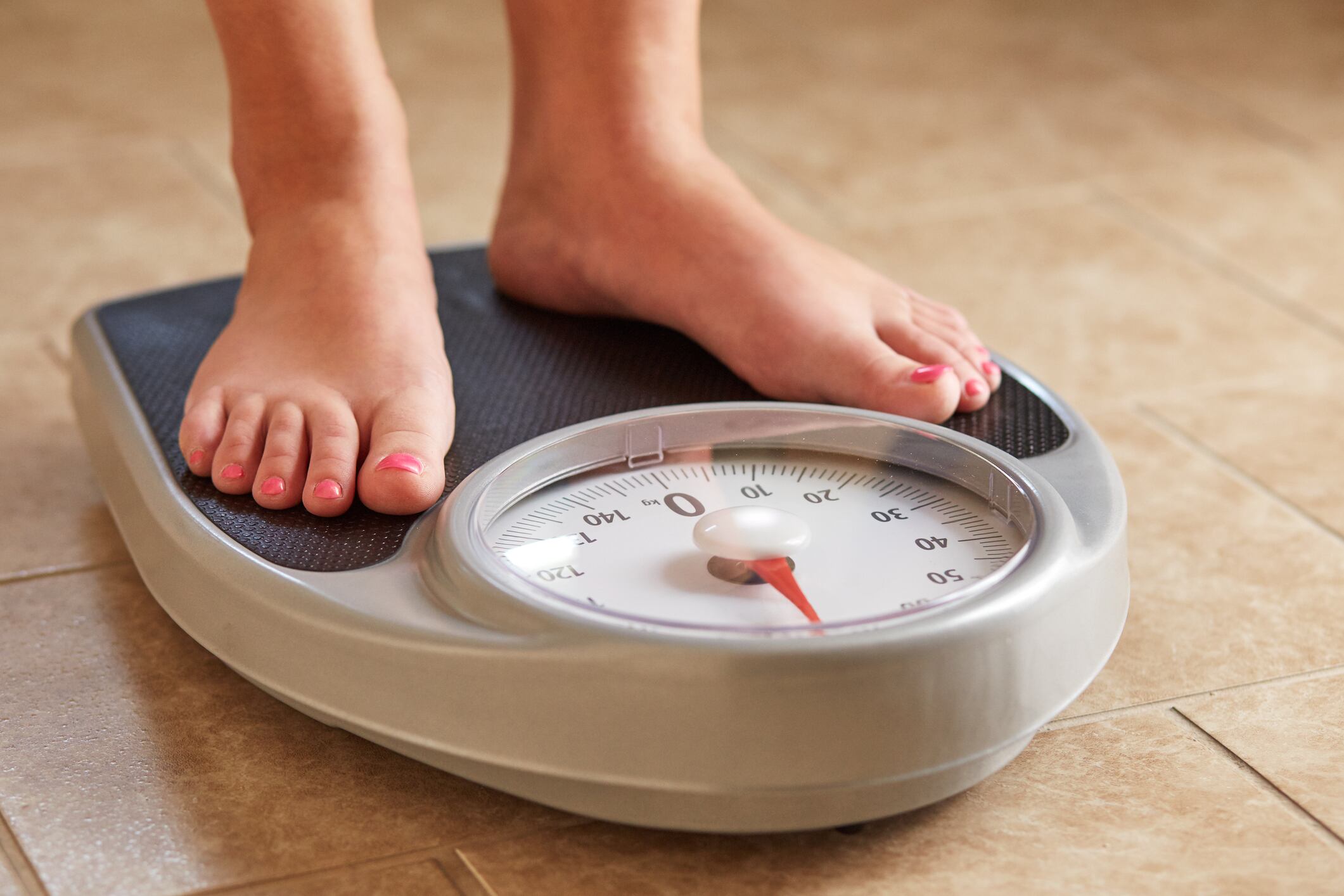Significantly more participants in the probiotic group achieved the end point of losing at least three percent of body weight by the end of the study, compared to the placebo group, reported researchers led by Pierre Déchelotte, professor of nutrition at Rouen University Hospital in Normandy.
“In the present study, we show that the supplementation with H. alvei HA4597 increased significantly the proportion of overweight subjects losing at least 3% and even 4% of baseline body weight while following a hypocaloric diet over 12 weeks,” they wrote in the journal Nutrients.
“Recent expert guidelines underline that aiming to lose 3–5% of body weight is a meaningful objective for overweight patients, since this change has been associated with clinically significant improvements such as reduced blood glucose, reduction of type-2 diabetes and cardiovascular risks. Thus, our main finding of a better rate of weight loss at the level of 3% and even 4% should be considered as clinically relevant to reduce the risk of later complications.”
The H. alvei HA4597 strain used in the study is marketed by TargEDys SA, a French start-up that funded the study. Prof Déchelotte is a founder, shareholder and consultant for the company.
Gut microbiota and obesity
The link between the gut microbiota and obesity was first reported in 2006 by Jeffrey Gordon and his group at Washington University in St. Louis, who found that microbial populations in the gut are different between obese and lean people, and that when the obese people lost weight their microflora reverted back to that observed in a lean person. This suggested that obesity has a microbial component (Nature, Vol. 444, pp. 1022-1023, 1027-1031).
A 2013 paper in Science (Vol. 341, Issue 6150), also led by Prof Gordon, found that transplanting gut bacteria from obese humans into germ-free mice leads to greater weight gain and fat accumulation than mice that were given bacteria from the guts of lean humans.
The findings showed that weight and fat gain is influenced by communities of microbes in the gut and their effect on the physical and metabolic traits of the host, leading to metabolic changes in the rodents that are associated with obesity in humans.
This has led many research groups to explore if probiotics may help manage weight. A probiotic is defined as a “live microorganisms which when administered in adequate amounts confer a health benefit on the host” – FAO/WHO.
Prof Déchelotte and his co-workers noted that several probiotic species (Lactobacillus and species formerly classed as Lactobacillus, as well as Bifidobacteria) have been proposed to influence weight, but the data has been inconsistent. Moreover, none of these interventions was reported to stimulate satiety.
The new data indicated that Hafnia alvei HA4597 did stimulate satietogenic pathways, by producing the caseinolytic protease B (ClpB) protein, which has been reported to mimic the appetite-reducing alpha-melanocyte-stimulating hormone (alpha-MSH).
Study details
The researchers recruited 236 overweight people to participate int their prospective, double-blind, randomized study. The participants were told to follow a hypocaloric diet and then randomly assigned to receive either placebo of 100 billion per day of H. alvei HA4597 or placebo for 12 weeks.
Results showed that 33% more participants in the HA4597 group lost 3% or more of their body weight after 12 weeks, compared to placebo.
In addition, self-reported feelings of fullness were higher in the probiotic group, while hip circumference was also improved.
Prof Déchelotte and his co-workers also reported that the probiotic was associated with significantly lower fasting blood sugar, compared to placebo.
“To the best of our knowledge, this is the first clear demonstration of the efficacy of a probiotic strain on weight loss and satiation in a prospective randomized placebo-controlled study,” they wrote.
“Supplementation with HA4597 represents an innovative and well-tolerated strategy to enhance the efficacy of dietary advice for the control of excess body weight; the “precision probiotic” HA4597 paves the way to the precision medicine and nutrition by identifying responders thanks to a gut microbial-based personalized approach.”
Source: Nutrients
2021, 13(6), 1902; doi: 10.3390/nu13061902
“The Probiotic Strain H. alvei HA4597 Improves Weight Loss in Overweight Subjects under Moderate Hypocaloric Diet: A Proof-of-Concept, Multicenter Randomized, Double-Blind Placebo-Controlled Study”
Authors: P. Déchelotte et al.



